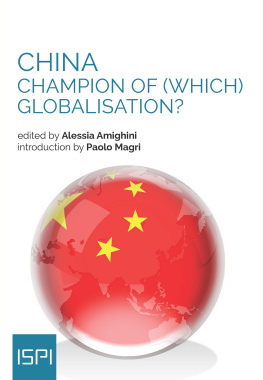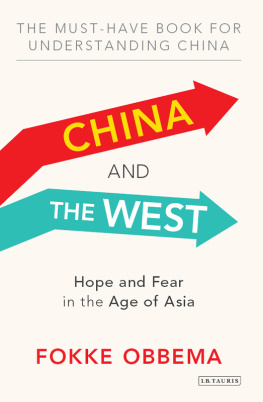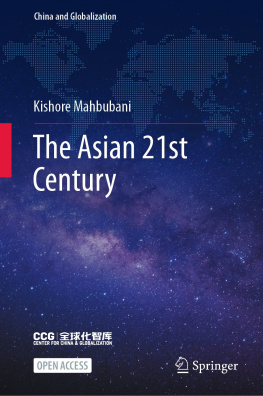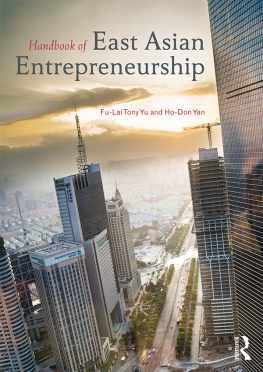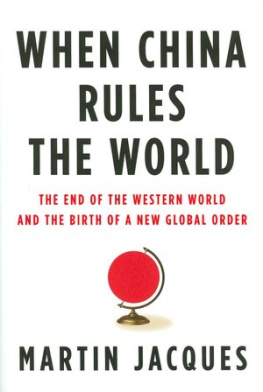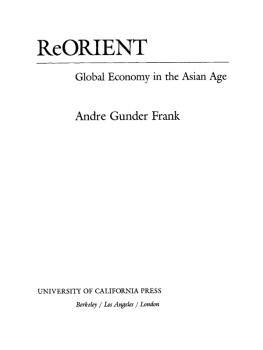Contents

Copyright 2012 John Wiley & Sons Singapore Pte. Ltd.
Published in 2012 by John Wiley & Sons Singapore Pte. Ltd., 1 Fusionopolis Walk, #07-01, Solaris South Tower, Singapore 138628
All rights reserved.
No part of this publication may be reproduced, stored in a retrieval system, or transmitted in any form or by any means, electronic, mechanical, photocopying, recording, scanning, or otherwise, except as expressly permitted by law, without either the prior written permission of the Publisher, or authorization through payment of the appropriate photocopy fee to the Copyright Clearance Center. Requests for permission should be addressed to the Publisher, John Wiley & Sons (Asia) Pte. Ltd., 1 Fusionopolis Walk, #07-01, Solaris South Tower, Singapore 138628, tel: 6566438000, fax: 6566438008, e-mail: .
This publication is designed to provide accurate and authoritative information in regard to the subject matter covered. It is sold with the understanding that the Publisher is not engaged in rendering professional services. If professional advice or other expert assistance is required, the services of a competent professional person should be sought. Neither the author nor the Publisher is liable for any actions prompted or caused by the information presented in this book. Any views expressed herein are those of the author and do not represent the views of the organizations he works for.
Other Wiley Editorial Offices
John Wiley & Sons, 111 River Street, Hoboken, NJ 07030, USA
John Wiley & Sons, The Atrium, Southern Gate, Chichester, West Sussex, P019 8SQ, United Kingdom
John Wiley & Sons (Canada) Ltd., 5353 Dundas Street West, Suite 400, Toronto, Ontario, M9B 6HB, Canada
John Wiley & Sons Australia Ltd., 42 McDougall Street, Milton, Queensland 4064, Australia
Wiley-VCH, Boschstrasse 12, D-69469 Weinheim, Germany
Library of Congress Cataloging-in-Publication Data
ISBN 978-0-470-82972-1 (Hardback)
ISBN 978-0-470-82974-5 (ePDF)
ISBN 978-0-470-82973-8 (Mobi)
ISBN 978-0-470-82975-2 (ePub)
To Maxim and Olga
Foreword
My good friend Ivan Tselichtchev is an internationally renowned economist and scholar who enjoys great respect and a good reputation as a researcher, especially in the area of world economics and business. The author of the masterpiece Asias Turning Point , Tselichtchev has taken a new step with China versus the West , a book presenting a comprehensive and accurate look at the subtle changes in the balance of power between emerging economies like China and the developed Western economies of the United States, Europe, and Japan.
In this new multilevel competitive world, global economic growth is driven by the emerging entities, rather than Western economies.
Through Tselichtchevs precise analysis, the reader sees the areas in which China has been leading the world or catching up with the developed states, as well as the areas where the traditional West still maintains its advantage and is likely to further strengthen its position. Along with articulating many valuable suggestions and ideas, Tselichtchev vividly shows how wise government policies and business strategies are needed to address the fundamental changes in the global economic environment. He articulates a unique series of proposals to and options for Western business communities on how to deal with Chinas emergence as a leading manufacturer and exporter.
This book offers systematic, unique, incisive, and thought-provoking analysis of the various factors that led to the global economic crisis of 20082009 and provides a deep insight into the impact of the crisis on the balance of economic power between China and the West, with their different institutional structures. Tselichtchev finds strong arguments to vividly illustrate how the structural dimension of the Western economic crisis dramatically shifted the balance of power in Chinas favor, vividly showing that China proved to be stronger both structurally and macroeconomically than most Western countries. This helps readers to rethink the essence of the Chinese model and define it in a new way. The author also brings to light Chinas problems, weaknesses, and prospects for political development.
Tselichtchevs book provides a very human and in-depth analysis and discussion of the complex issues as he shares his Chinese impressions and experiences, and summarizes the trends and changes in the Western economies impacted by their business relations with China. The author provides unique suggestions and convincing arguments from different perspectives, addressing the key issues. He shows the uniqueness of Chinas role in the global economic history and the essence of its status in todays multipolar global system where no country alone can dominate the world. From now on, a vigorous and open China is creating a historic opportunity for the West.
For all those who want to learn more about the current economic developments and economic structures of China and the West, and about the world economy as a whole, as well for those who are searching for their place and role in this world, this book is a must. In particular, it is a valuable resource for policy makers, businesspeople, and experts and scholars in the economic fields, as well as for educational institutions and for mass media people.
Ivan Tselichtchevs extensive international experience, combined with his great writing ability, makes for a spectacular read.
Yang Yongxin

Senior Advisor, China Chemical Energy Saving Committee
Council Member, Shanghai Economic Management Consulting Association
Executive Director, China Hao Hua Plastics City
Chairman, Haobo International Logistics Management Committee, Shanghai
Preface
Chinas emergence as a new superpower and an undisputed economic leader of the non-Western world is one of the most important global developments of the early twenty-first century.
There are many books and articles on Chinas rise. Their authors have vividly shown its remarkable scale and breathtaking speed. In this regard, perhaps, there is nothing left to argue about.
Our book is not about Chinas rise. We will not even use the term.
It is time to make a step forward. The purpose of this book is to present a comprehensive picture of the economic power balance between China and the West in todays world, to show how and why it has been changing over time, especially since the beginning of the new century, and, where possible, to articulate the directions of change expected in this decade and beyond.
Both China and the West are our main heroes. Other heroes, especially a cohort of large emerging market countries starting from India, are also present.
The term West is not geographical: It includes all old industrially developed economies: North America, Western Europe, Japan, Australia, and New Zealand (the new industrially developed economies are four Asian tigers: Singapore, Hong Kong, South Korea, and Taiwan). In this book, due to inevitable space constraints, the Western part of the analysis is concentrated mostly on the United States, Japan, Germany, France, the United Kingdom, and Italy.
In Part One we explore the West-China balance of power in manufacturing production, merchandise trade, commercial services, and finance. There is an endless torrent of information about Chinas rushing ahead and occupying top positions in one sector of the global economy after another. Our aim is to let readers clearly see in what particular areas and product segments China has increased its power significantly and is now leading, in what areas and segments it is rapidly catching up, and the areas where, in spite of Chinas progress, the West retains superiority and has a chance to enhance it further.



